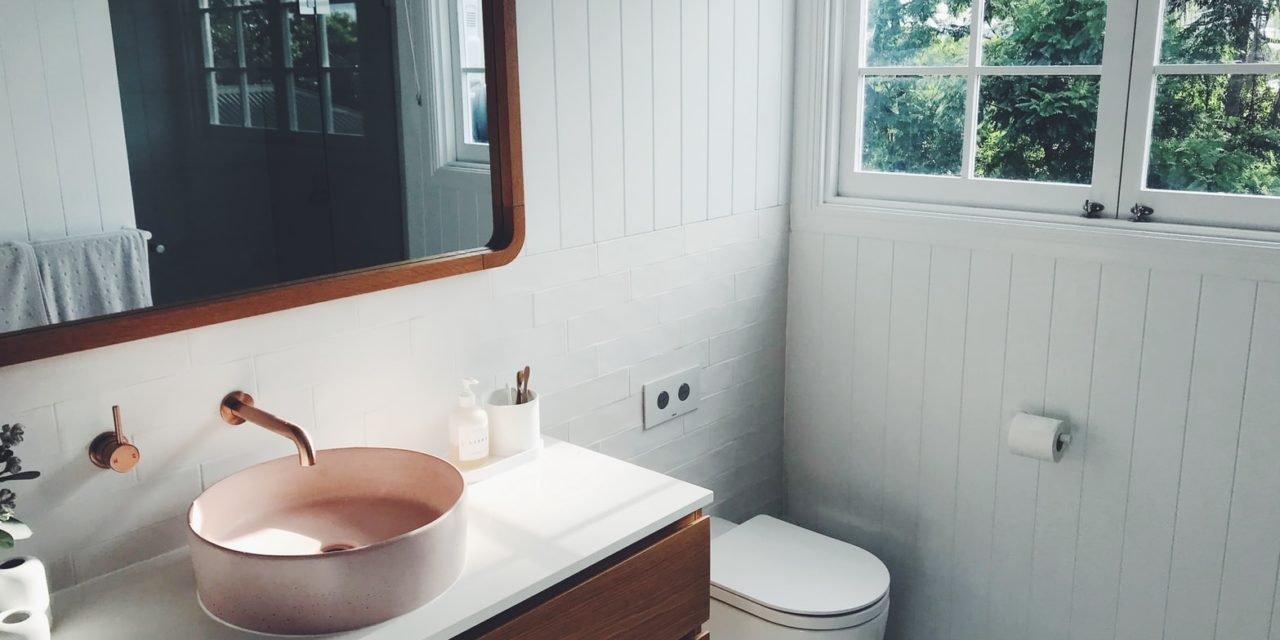[ad_1]
The construction of the foundation has to be a fairly exact science. If everything is not calculated correctly, many issues can arise. Experts have devised many construction tricks and techniques that are used to avoid potential pitfalls during the building process. One of these involves the usage of plastic slip sheets. Using a slip sheet as reinforcement has been successfully used for many years in construction.
What is a Plastic Slip Sheet?
A slip sheet is a piece of plastic, typically polyethylene. It can be made in varying thickness, but it is often used in a 10ml form. Like the name suggests, the slip sheet is used to reduce friction and prevent movement or slippage. Using plastic slip sheets as reinforcement in foundation building helps to prevent cracking.
The Post-Tension Process
Slab-on-grade foundations are one of the most commonly used types of foundations in the United States. These foundations are quick and inexpensive to build (which is why they are so popular); however, they can be prone to cracking during the curing stage. Concrete can shrink as it dries; this can cause cosmetic damage to future floor finishes like tile, vinyl, wood, and carpeting. The type of soil – called expansive soil – is what ultimately causes the shrinkage and cracks. Expansive soil shrinks and swells as the water content changes.
To avoid the cracks, a process using plastic slip sheets is generally used. This process is called post-tensioning. Post-tensioning compresses the concrete, which helps it to resist shrinking and cracking that can be caused by the difficult soil conditions. In order to post-tension a slab foundation, steel strands are run through the concrete in a squared grid pattern. Each strand of steel is covered in plastic sheathing that protects the steel from corrosion and allows it to move during the stressing operation. The strands have an anchorage on each end. Each strand, along with its sheathing and anchorage, is called a tendon.
During the post-tensioning process, the tendons are usually stressed along one end; however, sometimes they are stressed along both ends. When they are stressed, the steel stretches — but it is kept in place by the anchorage. This works to compress the concrete, which, in turn, works to keep the concrete from cracking.
How are Plastic Slip Sheets used with Post-Tensioning?
The plastic slip sheets are installed directly below the slab, or between the slab and the bearing surface. They work to allow the tendons to move the slab smoothly across the ground. Without the slip sheets, the tendons would not have a flat, even surface across which to move. The tendons must be able to move easily across the ground in order to correctly stress the steel, as this is the only way in which the concrete will be compacted in order to avoid shrinkage and cracks.
If builders were to neglect to install plastic slip sheets – or if they were to install them incorrectly – the slab would resist moving, which would prevent the post-tensioning process from being successful.


